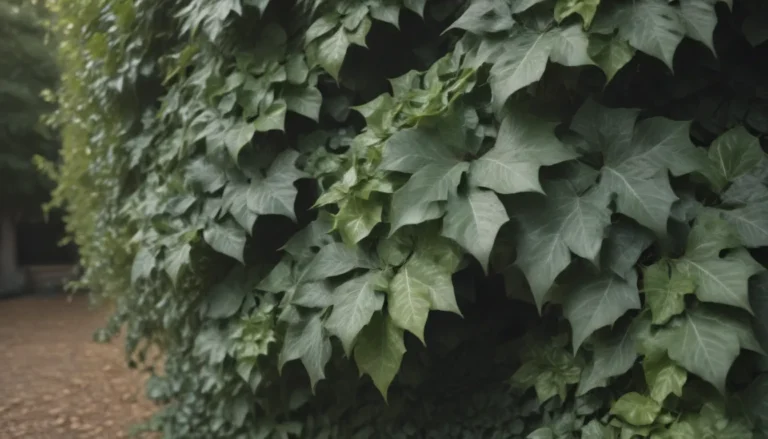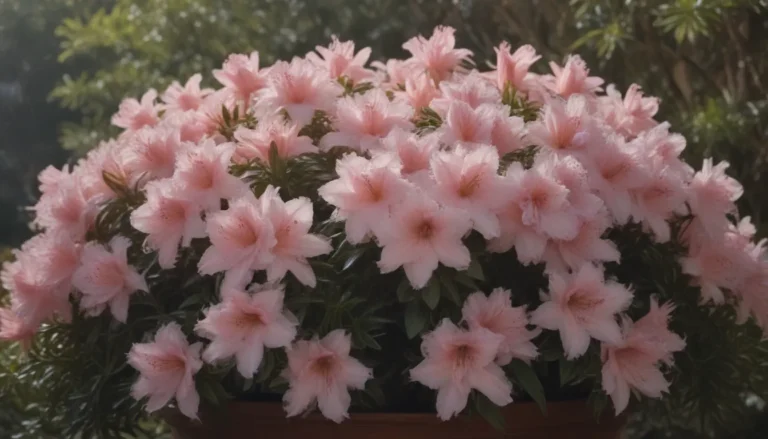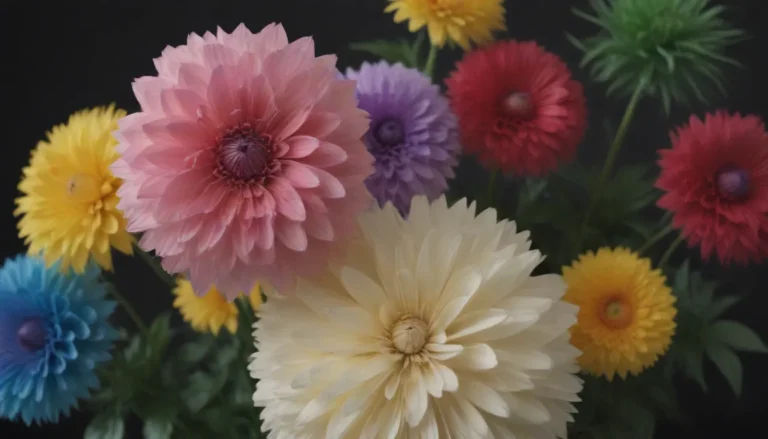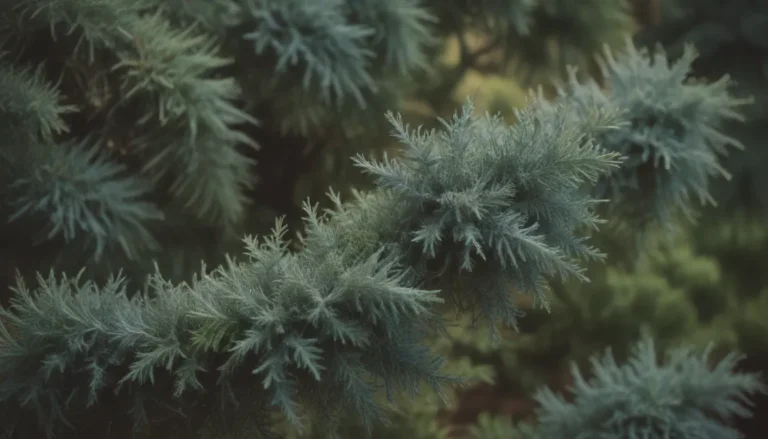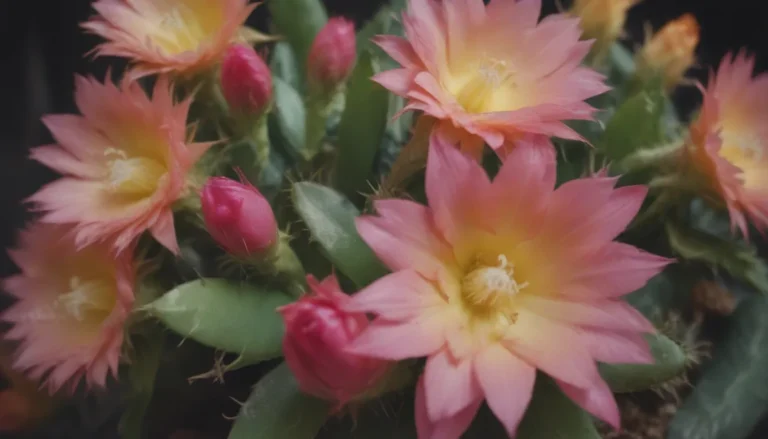Orchid Lifespan: How to Care for Orchids for Maximum Longevity
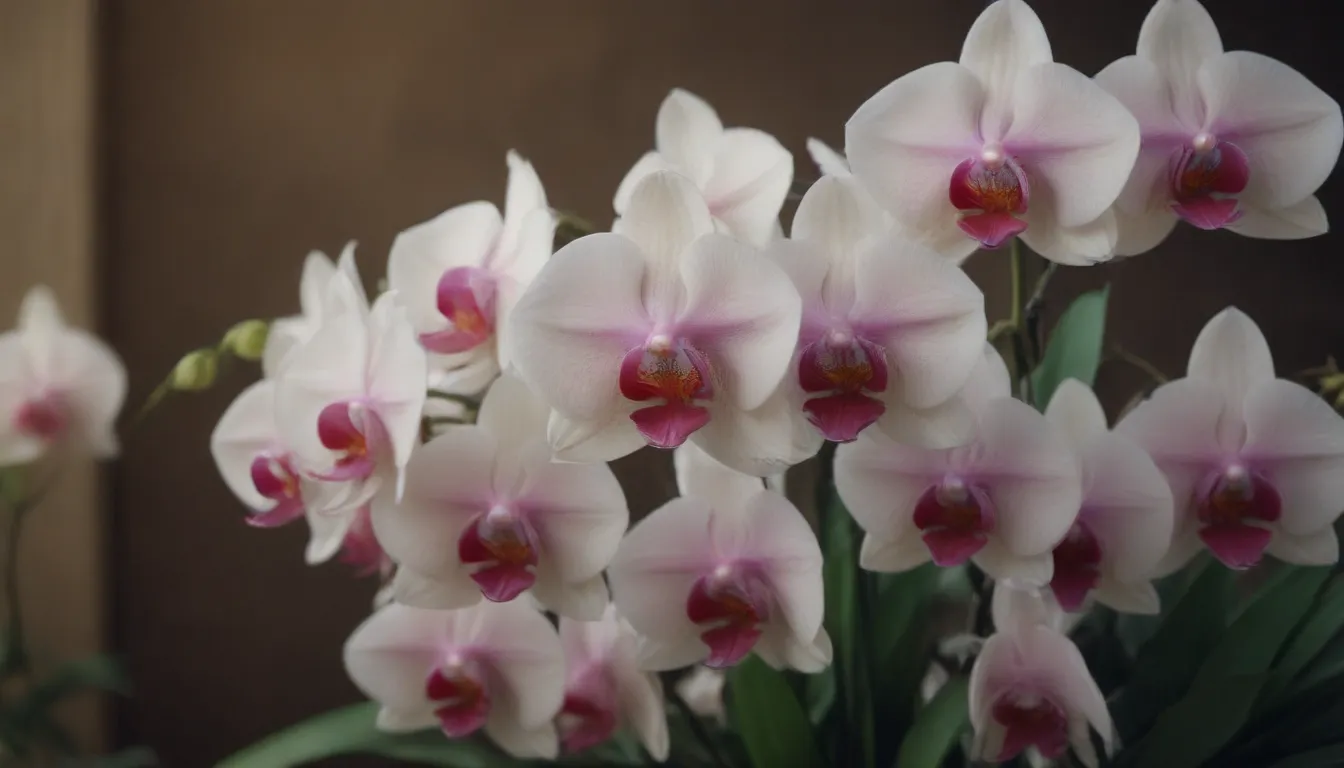
Orchids, belonging to the Orchidaceae family, are stunning flowering houseplants that come in a wide array of colors and exhibit delicate-looking blooms. With over 28,000 known orchid species, these plants can thrive for many years when provided with the proper care. In this comprehensive guide, we will explore how long orchids can live and how you can maximize their lifespan through attentive care and maintenance.
Understanding the Lifespan of Orchids
Orchids have the potential to live for 15 years or longer when given the right conditions and care. Throughout their long lifetimes, orchids typically bloom once a year, with each flowering cycle lasting approximately six to 10 weeks. However, to ensure your orchid thrives for such an extended period, it is essential to provide it with the necessary light, temperature, soil, watering schedule, and overall attentive care. Without meeting these requirements, an orchid may not even last six weeks in your care.
How to Keep Your Orchid Happy and Healthy
To help you maintain the health and vitality of your orchid, we have compiled a list of essential care tips that will ensure your plant thrives:
Tips for Optimal Orchid Care
-
Choose the Right Pot and Soil: Orchids thrive in well-drained soil and pots specifically designed for orchids. Look for pots with holes on the sides to enhance drainage and allow air circulation to reach the roots. While traditional terracotta pots can also work, be vigilant for signs that your orchid may need repotting, such as visible roots at the top of the pot or deteriorating potting medium.
-
Stick to a Watering Schedule: Orchids prefer soil that dries out between waterings. Wait for it to dry completely before watering again. Typically, orchids require watering around twice a week, but monitor the soil moisture to adjust as needed. Overwatering can lead to root rot, so be cautious not to drown your plant.
-
Maintain the Right Temperature: Orchids thrive in temperatures ranging from 50°F to 90°F, with a humidity level of 40% to 70%, depending on the species. Consistently monitor and adjust the environmental conditions to ensure your orchid remains healthy and vibrant. Avoid placing your orchid near heating or cooling sources that can disrupt its ideal temperature range.
-
Monitor Sunlight Exposure: While orchids need bright light, direct sunlight can be harmful. Place your plant on a south-facing or east-facing window to receive bright, indirect light. Pay attention to the sunlight exposure your orchid receives to prevent scorching or wilting due to excessive light exposure.
Signs of Orchid Health Issues
Despite their reputation for being challenging to care for, orchids can thrive when provided with the necessary attention and adjustments to their care routine. Keep an eye out for warning signs that your orchid may be experiencing health issues, such as:
- Shriveled or wrinkled leaves
- Yellowing leaves
- Dropping buds before blooming
- Failure to produce flowers
- Black or brown spots on leaves
- White spots with brown rims on leaves
Post-Flowering Care for Orchids
After blooming, many orchids will shed their flowers, leaving behind old flower spikes that should be removed to encourage future blooming. Using sharp and sterilized pruning shears, carefully trim off the old flower spikes. Sterilizing your tools will help prevent the introduction of bacteria that could harm your orchid’s health and growth potential.
By following these care tips and maintaining a watchful eye on your orchid’s health, you can help ensure it thrives and blooms beautifully for years to come. Remember that each orchid species may have specific care requirements, so it’s essential to research and understand the needs of your particular plant.
For additional resources and information on orchid care, consider exploring scholarly articles such as Orchid Conservation: How Can We Meet the Challenges in the Twenty-First Century by Michael F. Fay and educational materials like those provided by the University of Connecticut, PennState Extension, and Iowa State University Extension and Outreach.
With proper care and attention, your orchid can be a long-lasting and beautiful addition to your home, providing you with stunning blooms and a rewarding gardening experience. Happy orchid care!
